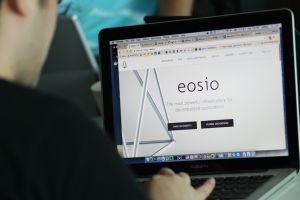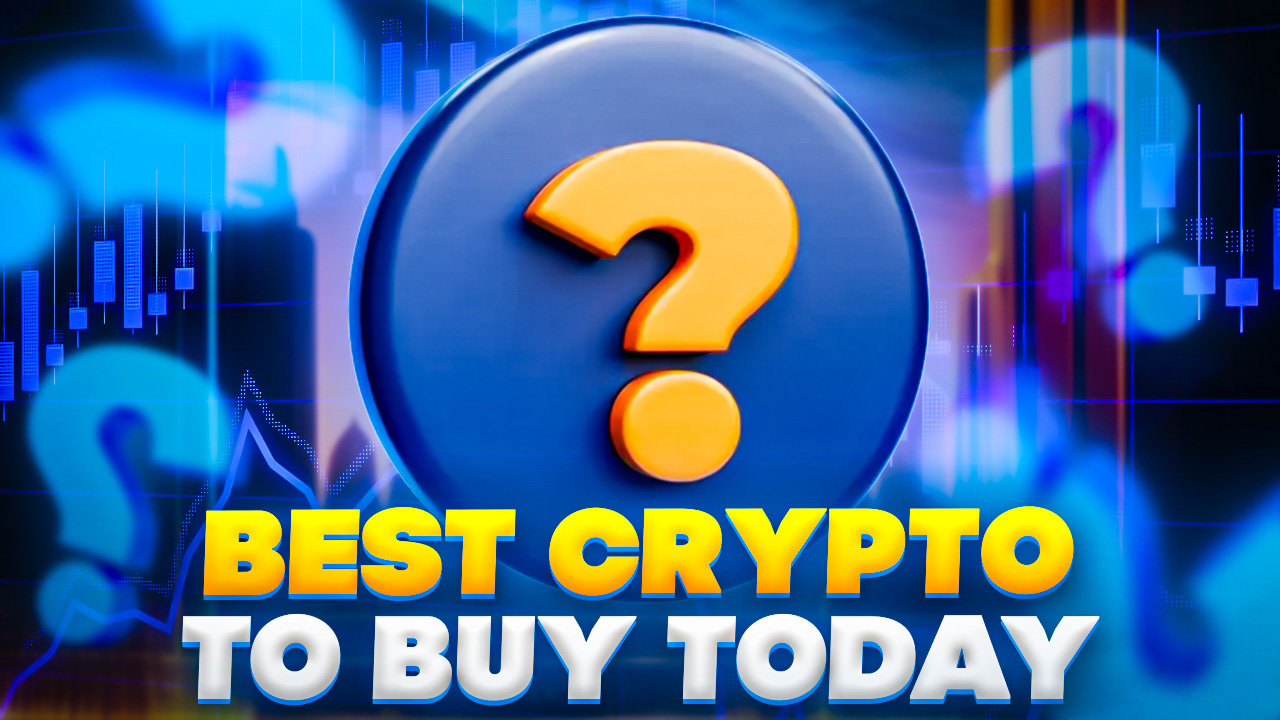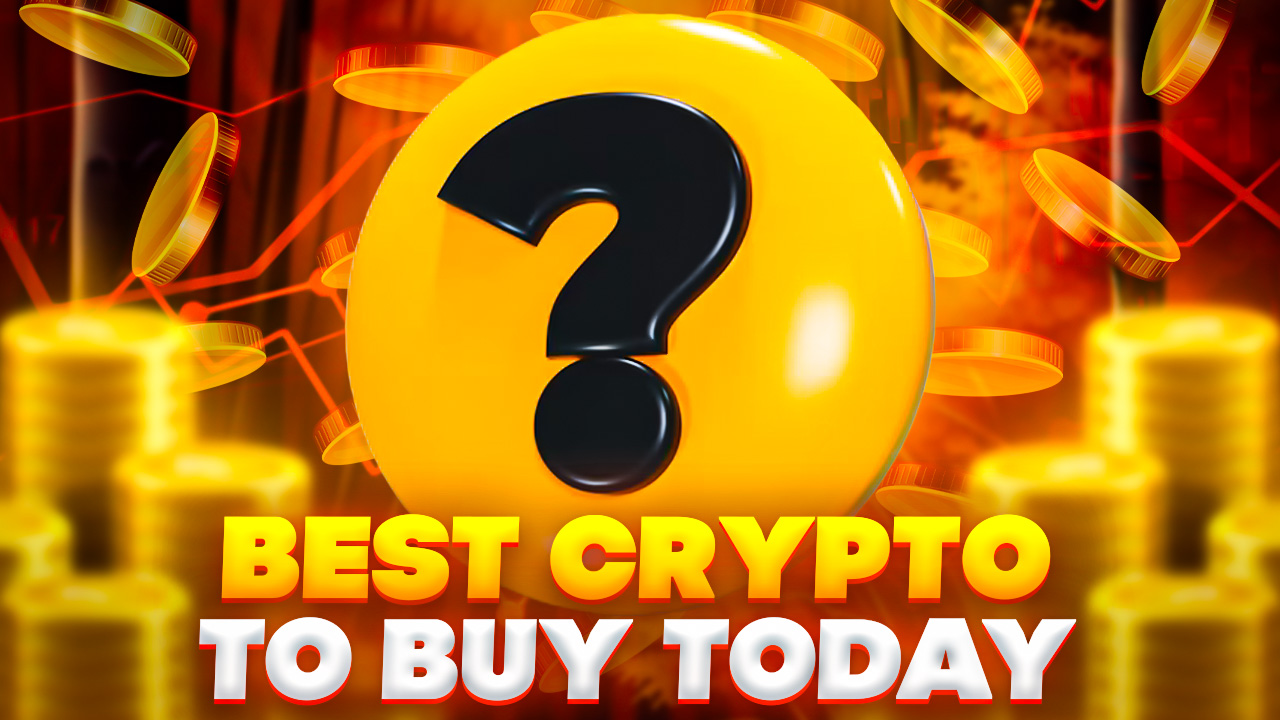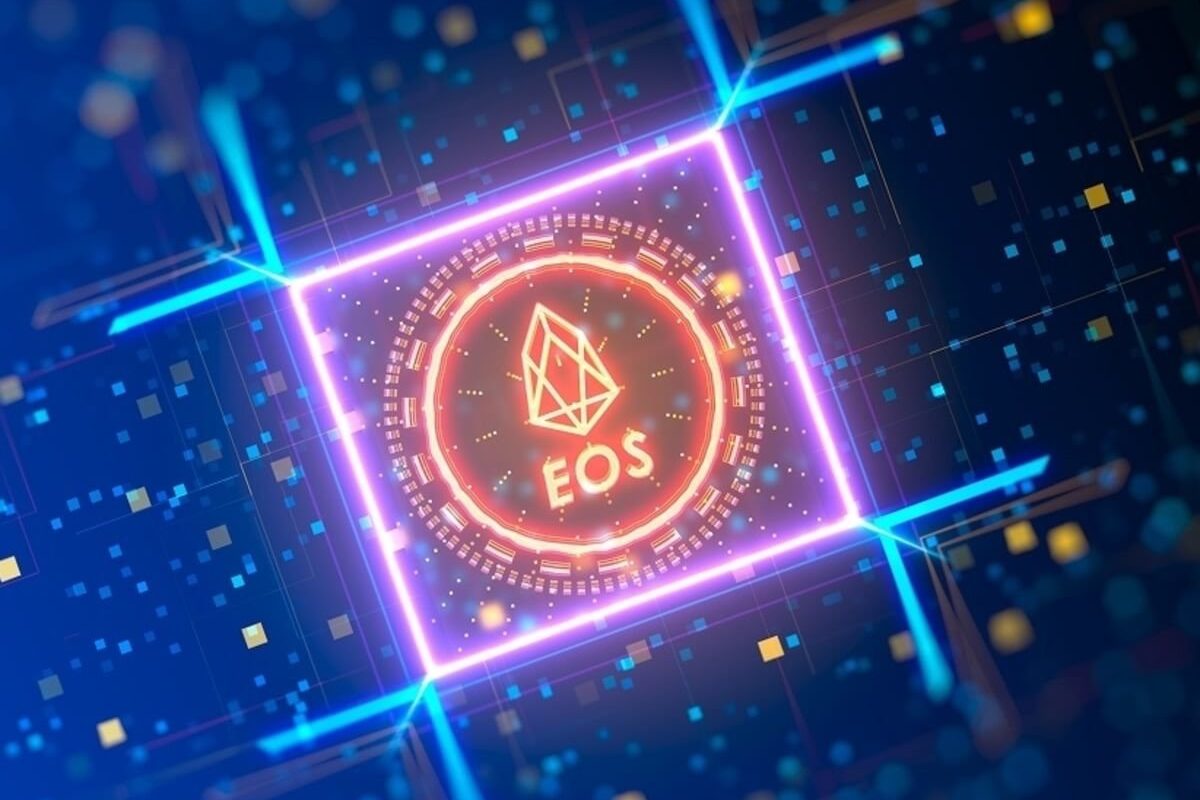15 Hard Questions to EOS (Part III)
This is the third and the last part of our interview with four EOS block producers (BPs).

The same as in the previous articles, while their answers to our questions aren’t all reproduced here due to overlaps, they each offer unique insight into the philosophy behind EOS and into how it operates.
Read the first part here.
Read the second part here.
__________
11. Some EOS holders have complained that the process for voting is either too complicated for the layperson (as in the Cleos command line tool) or requires trust in a potentially untrustworthy third party. Is it too difficult or risky?
Vytautas Kašėta, EOS Lithuania (a block producer candidate based in Lithuania): While launching the chain we have issued lots of warnings on this matter. Now it’s much easier and safer to vote. When more EOS standalone wallets and wallet plugins for regular web browsers appear, the voting and interaction with blockchain processes will become even more user friendly and we will see much more token holders involved in the democracy of EOS community.
Tom Fu, Marketing and Brand Development, GenerEOS (a block producer candidate based in Sydney, Australia): We agree that initially it was too complicated for the layperson to vote as the community was developing all the tools and were limited by time. Therefore, our BP team GenerEOS has developed the eostoolkit to make voting easy and safe. Eostoolkit integrates with Scatter – a browser extension which stores your keys securely on your computer – so that you don’t have to enter your private key directly into a website.
Our eostoolkit can also be used to create accounts, transfer EOS, delegate EOS, buy / sell RAM, and many more features. If you haven’t already, we recommend checking it out here: https://eostoolkit.io.
Kevin Rose, Co-Founder/Head of Community EOS New York (a block producer based in NYC, US): There is this expectation that everything is going to be perfect as soon as we launch and this just isn’t possible […] There are at least two secure and user friendly voting wallets that exist and I imagine many more will be launched as we move forward. As for trusting a third-party, Exodus or Jaxx are very successful wallet products developed by third parties. I don’t see why it should be any different on EOS. Block Producers are natural candidates to create open-source tools without a monetization strategy and many have proven that to be the case with the wallets they’ve built.
12. There have also been reports that EOS has more than its fair share of bugs, with one white-hat hacker earning USD 120,000 after discovering 12 bugs recently. Is EOS less secure and reliable than other crypto platforms?
Kevin Rose, EOS New York: Just prior to launch a group of Chinese Block Producers requested that we delay so that a private firm could test the code itself for any show-stopping security bugs. They tested the code for days and found nothing.
There’s nothing to suggest that EOS is less secure or reliable than any other blockchain platform. What EOS has that sets it apart from other networks is the ability to heal itself. Rather than choosing between a rock and a contentious hardfork we can update any part of the system code or the smart contracts built on top of it and reintroduce them into the network. We’ve proven in the first week that, if a bug is found, we can fix it very quickly.
Devin Perera, EOS Hong Kong: The bug bounty was a great program, as it gave white-hat hackers an incentive to investigate the codebase thoroughly in order to find exploits. The bugs that were found and reported only helps strengthen the security of the EOSIO blockchain.
The other side to security is the resilience of the network itself, which depends on the infrastructure of the block producers (both standby and elected block producers). If attackers could easily identify and take out nodes in the network, it would be possible to impact the chain regardless of the security of the software. This is why HKEOS, along with the other block producer candidates in the EOS Core (aka Ghostbusters) team, prioritized the security of block producing infrastructure and worked to recommend secure standards to the rest of the community. Therefore, the network itself will have a higher chance of remaining stable during an attack.
13. Does the recent freezing of 7 accounts by EOS’ 21 BPs set a dangerous precedent for EOS, given that the BPs had no constitutional or rule-based authority to freeze them?
Kevin Rose, EOS New York, suggested to read their post on Steemit, which, among other things, states:
“EOS New York chose to enact this freeze because we believed that we were following the spirit of the governance system we as a community seek to create, despite it being formally absent. EOS is a platform meant to enable solutions which protect life, liberty, and property and that’s what we believed we were doing through this emergency action.
EOS New York also believes that the interests of the network exceed those of any group or individual. Maintaining a predictable environment that follows process and governance, not the romantic idea of justice, is our goal.”
14. What, as far as you can tell, caused the mainnet pause of June 16th? Was it a DDoS attack, as EOS UK suggested?
Kevin Rose, EOS New York: EOS UK’s speculation was incorrect and they acted prematurely to distribute such a statement while we were very much in the middle of diagnosing the issue. The issue was that there was a bug in how deferred transactions were handled which caused a break in consensus. The EOSIO software is designed to avoid such a consensus break which would have resulted in a hardfork and the result was pausing the chain.
15. And finally, what will EOS bring to the cryptocurrency space/industry that isn’t provided by other platforms?
Devin Perera, EOS Hong Kong: EOSIO has the potential to change the face of the internet. We now have an operating system for Dapps [decentralized apps] that offers fee-less transactions, maintained by 21 operators (BPs) that are elected by the individuals that belong to the ecosystem. We have the potential to take ownership and benefit from our own human capital; no longer do we need to be beholden to large centralized operators making decisions to purely benefit their own bottom lines.
Vytautas Kašėta, EOS Lithuania: In general, what EOS already brought is this massive social experiment to the world. You can think of it as a global borderless democracy thing happening across the world with voting politics (possibly even vote buying), with global consensus, with disputes and issues, with many solutions to one problem, with happiness and excitement, with economic activities, inflationary economy, arbitrage, Ricardian contracts, legal relations, programming, developing, a constitution, and lots of things in the future.
Kevin Rose, EOS New York: In short: governance & scalability, and usability […] We’re designing a blockchain network that will survive contact with mass adoption and provide solutions to protect life, liberty, and property. It is our hope that we can evolve the EOS blockchain to support a decentralized internet where average users don’t even know that they are interacting with a blockchain.
Tom Fu, GenerEOS: To fully explain all the benefits which the EOS blockchain brings to the world would require a separate article. Some of the most noteworthy innovations are:
- The performance and throughput of the network. Block times of 0.5 seconds and irreversibility of sub 2 seconds with support for thousands of transactions per second.
- The ability to scale the network indefinitely by introducing side chains.
- The introduction of a constitution and arbitration processes to keep everyone honest and to stop fraudulent behaviour and the ability to fix any harmed parties.
- A more decentralised model that is based on giving people the freedom to vote for BPs they trust in. This will push for a more community focused blockchain.
- A more seamless experience for users by removing dependency on gas to use the network.
- Ability to create easily memorable account names (instead of randomly generated public keys).
______
Read the first part here.
Read the second part here.
Block.one, developer of EOS, did not respond to a request for comment.




